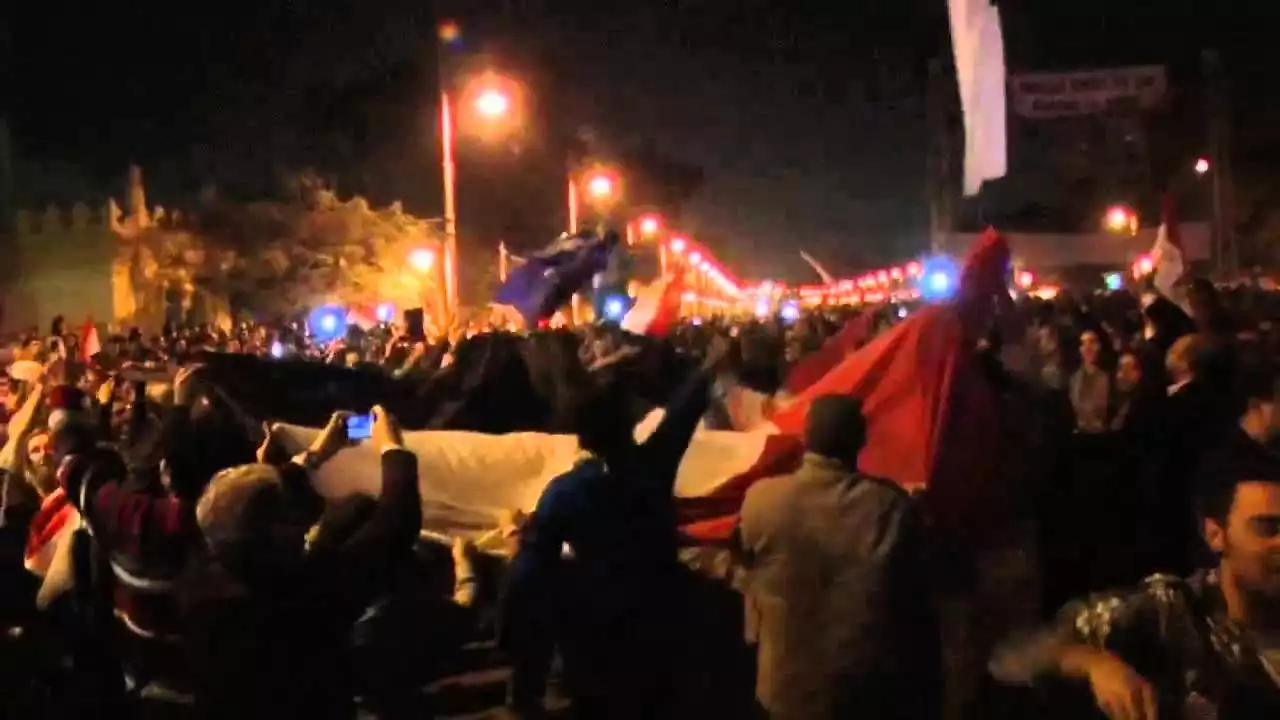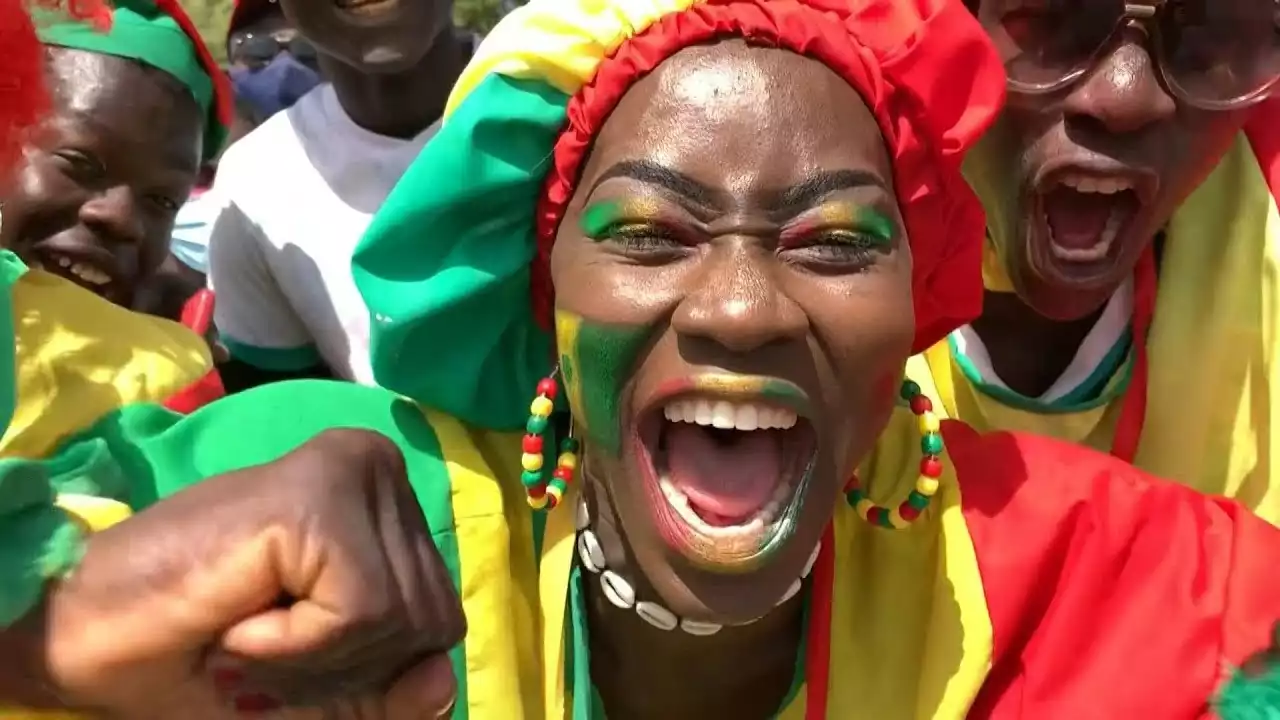Overview of Political Events that Have Interfered with AFCON
The Africa Cup of Nations, commonly known as AFCON, is an international men's football competition that takes place every two years. It brings together the best teams from across the African continent, captivating football fans worldwide. However, throughout its history, AFCON has been marred by political events that have disrupted the smooth flow of the tournament.
The 2010 AFCON: Political Unrest in Angola
In 2010, Angola was set to host the Africa Cup of Nations, but the tournament was overshadowed by political unrest. The Angolan government had invested heavily in infrastructure to ensure the success of the event. However, a rebel group known as the Front for the Liberation of the Enclave of Cabinda (FLEC) used the tournament as an opportunity to draw international attention to their cause.
The FLEC, fighting for the independence of the Cabinda region, launched a deadly attack on the Togolese national team's bus as they traveled to the tournament. The attack resulted in the death of three people, including the team's assistant coach and spokesperson. The incident raised concerns about the safety of players and officials participating in AFCON and led to questions about Angola's ability to host the tournament amidst ongoing political unrest.
The 2015 AFCON: Boko Haram Threat in Equatorial Guinea
Equatorial Guinea stepped in as the host nation for the 2015 AFCON after Morocco withdrew due to concerns regarding the Ebola virus outbreak. However, the tournament faced another setback when the threat of Boko Haram loomed over the host country. Boko Haram, an Islamic extremist group based in Nigeria, had been carrying out violent attacks in the region, and there were fears that they would target the AFCON tournament.
To ensure the safety of players, officials, and spectators, Equatorial Guinea implemented stringent security measures. The government worked closely with international security agencies to prevent any potential terrorist attacks. Despite the challenges, the tournament managed to proceed successfully, but the shadow of political events continued to cast a cloud over AFCON.
The 2019 AFCON: Political Protests in Egypt
Egypt, a country with a rich footballing history, was chosen as the host nation for the 2019 AFCON. However, the tournament coincided with a period of political turmoil and civil unrest in the country. Mass protests erupted across Egypt, calling for political change and the resignation of President Abdel Fattah el-Sisi.
The political protests posed a significant challenge to the organizers of AFCON. Concerns were raised regarding the safety and security of players, officials, and spectators. The Egyptian government took extensive measures to ensure the smooth running of the tournament, including deploying additional security forces and implementing strict security protocols. Despite the political unrest, AFCON 2019 went ahead, showcasing the resilience of both the organizers and the participating teams.
Impact of Political Events on AFCON
The occurrence of political events during AFCON has had a profound impact on the tournament itself. The disruptions caused by political unrest, threats of terrorism, and civil unrest have led to changes in schedules, venues, and even team participation. These incidents highlight the delicate balance between politics and football in Africa and serve as a reminder of the power and influence that political events can have on sporting competitions.
Measures Taken to Ensure the Safety and Security of AFCON
In response to the political interference faced by AFCON, organizers have implemented various measures to ensure the safety and security of all participants. These measures include close cooperation with local and international security agencies, thorough risk assessments, and the establishment of dedicated security task forces. Stadiums and training facilities are rigorously secured, and strict protocols are put in place to prevent any potential disruptions.
Additionally, contingency plans are developed to address any unforeseen circumstances that may arise due to political events. These plans outline alternative venues, evacuation procedures, and communication strategies. The safety and well-being of players, officials, and spectators are prioritized to ensure the successful execution of AFCON.
Lessons Learned from Past Political Interference
The incidents of political interference in AFCON history have provided valuable lessons for both the organizers and participating nations. Firstly, it is essential to thoroughly assess the political climate and potential risks associated with hosting the tournament in a particular country. This assessment should take into account ongoing political unrest, civil conflicts, and security threats.
Secondly, effective communication and coordination between the host country, participating nations, and relevant stakeholders are vital. Clear lines of communication ensure that all parties are kept informed about any changes, developments, or potential risks.
Lastly, flexibility and adaptability are key when dealing with political events that may impact AFCON. The ability to quickly adjust schedules, venues, and security measures is crucial in ensuring the smooth running of the tournament.
Future Considerations for Hosting AFCON Amidst Political Events
As AFCON continues to evolve and grow, careful consideration must be given to hosting the tournament amidst political events. It is essential to strike a balance between showcasing African footballing talent and ensuring the safety and security of all involved.
Future host nations should carefully evaluate the political landscape and potential risks before committing to hosting AFCON. The willingness to implement robust security measures, work closely with international security agencies, and adapt to changing circumstances is crucial in successfully hosting the tournament.
Political events have interfered with AFCON on multiple occasions, leaving a lasting impact on the tournament's history. From Angola in 2010 to Equatorial Guinea in 2015 and Egypt in 2019, political unrest, threats of terrorism, and civil protests have tested the resilience of AFCON. However, through effective planning, coordination, and security measures, the tournament has managed to overcome these challenges. As AFCON moves forward, it is crucial to learn from past experiences and prioritize the safety and security of all participants, ensuring that the intersection of politics and football does not overshadow the celebration of African football excellence.
---
*Word count: 1045 words*










